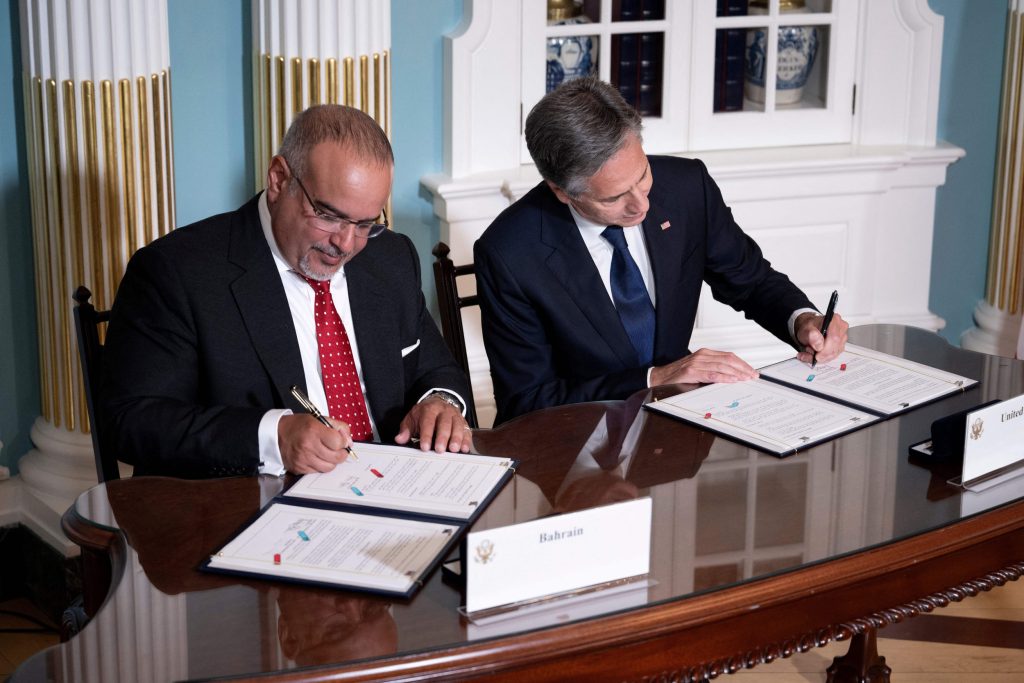The Comprehensive Security, Integration and Prosperity Agreement (C-SIPA) was signed on September 13, 2023, by U.S. Secretary of State Antony Blinken, Bahrain’s Prime Minister, and Crown Prince Salman bin Hamad Al Khalifa. This agreement represents a significant commitment by the United States to the Arabian Gulf region, outlining a security guarantee that calls for immediate responses in the event of aggression or threat. Often referred to as an “Article 4.5” commitment, C-SIPA is seen as a landmark agreement in extending security guarantees to the Arabian Peninsula, surpassing previous levels of cooperation between the U.S. and this region. Beyond defense, C-SIPA also focuses on economic integration and enhancing trade and scientific cooperation, particularly in areas such as supply chain resilience and Information and Communications Technology (ICT) infrastructure.
The Arabian Peninsula and wider Middle East have long been a central theater of great power competition, with various global powers vying for influence in the region. The ongoing conflicts between Israel, Hamas, and Hezbollah serve as a reminder of the volatile nature of this competition and the potential for destabilization in the region. While military force can provide some level of security, long-term peace and stability require broader cooperation in trade and defense. Initiatives like C-SIPA offer a roadmap for managing great power competition, addressing violent extremism, and improving relations with countries like Iran. By encompassing defense and security cooperation, trade and investment ties, and collaboration in science and technology, C-SIPA offers a comprehensive approach to regional stability that aims to build partnerships and foster development.
C-SIPA also provides a framework for expanded participation, welcoming additional parties to join the agreement in the future. The success of C-SIPA hinges on collective action and contributions from partners like Great Britain and other Gulf Cooperation Council states. The relationship between the U.S. and Bahrain reflects a shared commitment to stability and prosperity in the region, with both nations working together as equal partners to promote free trade, social tolerance, and peaceful coexistence. The tangible benefits expected from C-SIPA are seen as a powerful incentive for other countries to join the agreement, demonstrating the transformative potential of cooperation in improving people’s lives and fostering peace.
As statesmen and leaders in the region, the signatories of C-SIPA recognize the importance of the agreement in setting a new course for the future of the Arabian Gulf region. The agreement offers an alternative to the cycles of violence that have plagued previous administrations and presents a visionary, forward-looking document for regional cooperation. By focusing on defense, security, trade, and technology collaboration, C-SIPA aims to build a foundation for sustainable peace and development, ultimately contributing to a more stable and prosperous region. The commitment to C-SIPA acknowledges the complex challenges and opportunities present in the region and represents a significant step towards greater integration and cooperation among regional and global partners.












